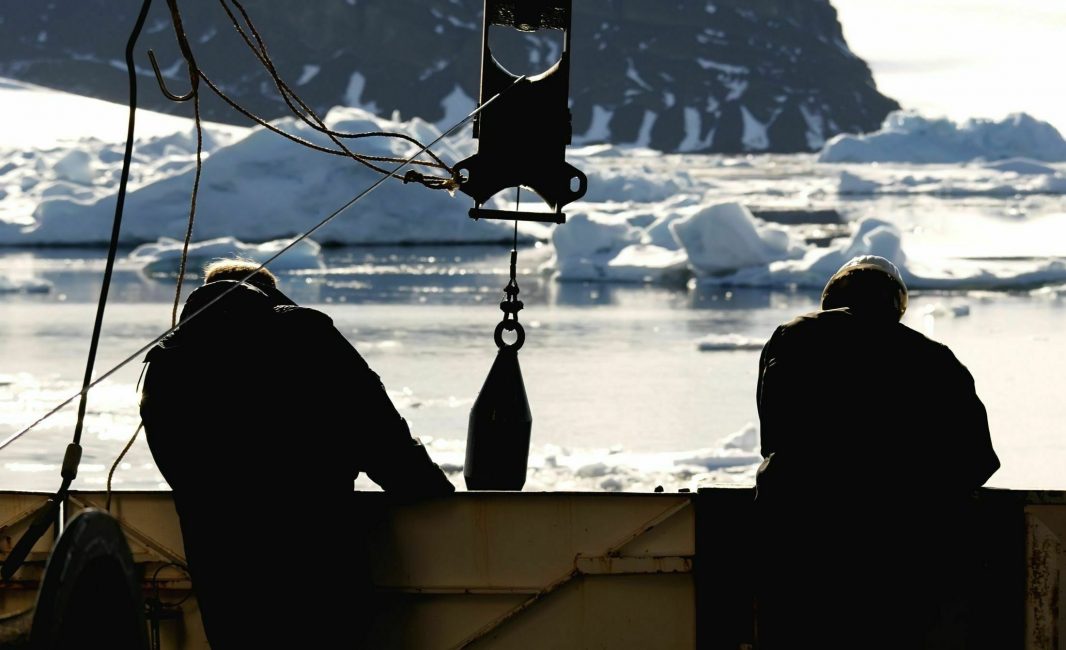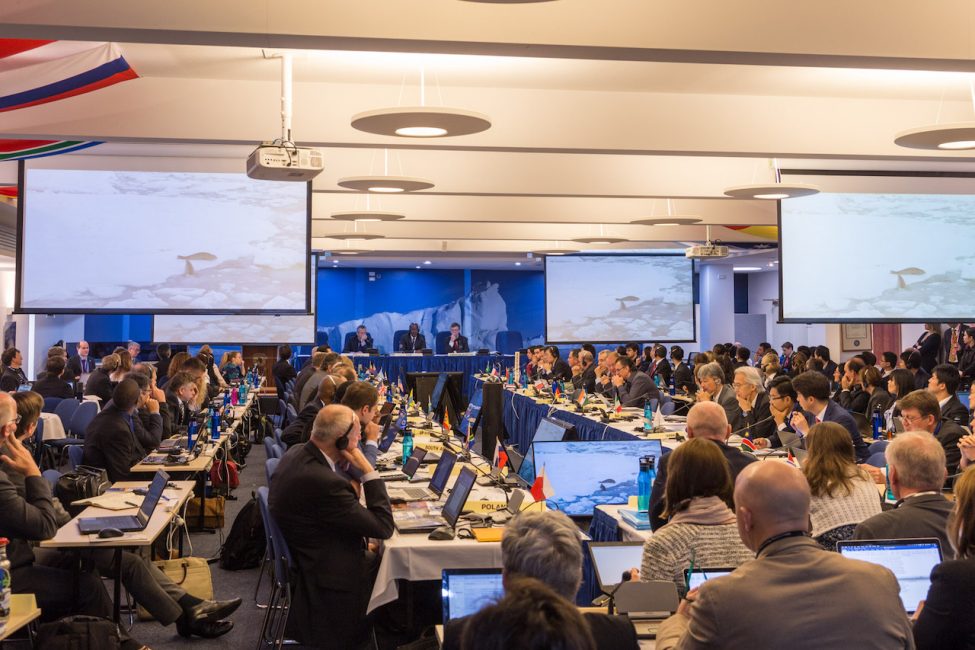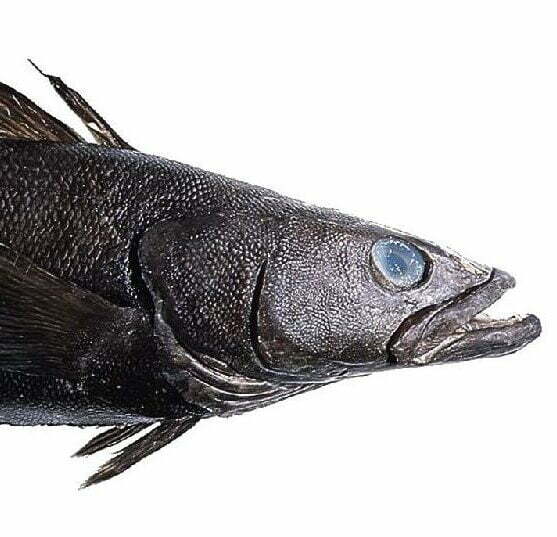Antarctic Fisheries
The climate crisis is influencing the Southern Ocean and its ecosystems. At this time of rapid change, ASOC advocates for a precautionary approach to Antarctic fisheries, supporting resilient ecosystems into the future.
What’s happening?
Antarctic Fisheries
Many species unique to the Southern Ocean have been, or continue to be, commercially fished in the waters around Antarctica. Historically, Antarctic whales were harvested for baleen and blubber oil, and fur seals were killed for their pelts. Today, the primary species targeted by Antarctic fisheries are Antarctic krill (Euphausia superba), a keystone species in Antarctic ecosystems, and both Patagonian and Antarctic toothfish (Dissostichus eleginoides and Dissostichus mawsoni).
As the warming climate puts additional pressure on marine life, we must do more to safeguard vulnerable Antarctic ecosystems.
ANTARCTIC FISHERIES
What are the impacts?
Fisheries in the Southern Ocean have many impacts including unintended bycatch and introduction of invasive species through biofouling, and the human and environmental costs of illegal, unreported and unregulated (IUU) fishing. Below are some of our current areas of focus.
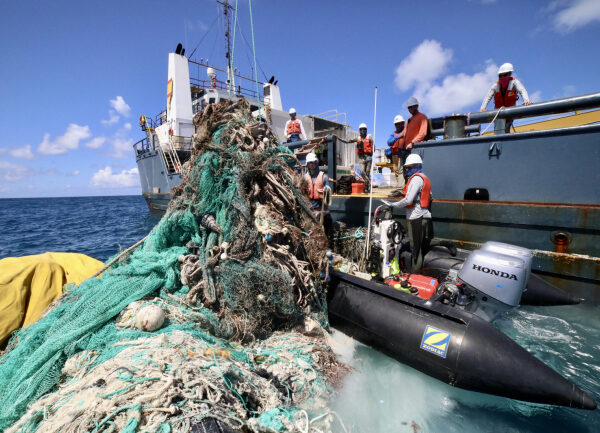
Ghost fishing gear
Abandoned, lost or discarded fishing gear (ALDFG), otherwise known as ‘Ghost Gear’, is a significant threat posed by fisheries in the Southern Ocean. These silent killers include fishing nets, lines and hooks, and fish traps, which continue to “fish”, and which wildlife can become entangled in, often leading to a slow, painful death.
In the Southern Ocean, nearly 850 miles (1363 kilometers) of long line was abandoned, lost or discarded in only two fishing seasons. Fishing line takes around 600 years to break down. When it finally does, it disintegrates into harmful microplastics, which can be ingested by fish and crustaceans, and eventually marine mammals and humans.
ASOC advocates for mandatory regulations that require fishing vessels to mark or label their fishing gear, and require fishing crews to report losses of fishing gear along with any encounters with ghost fishing gear.
Download ghost gear infographics.
Photo credit: NOAA
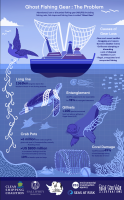

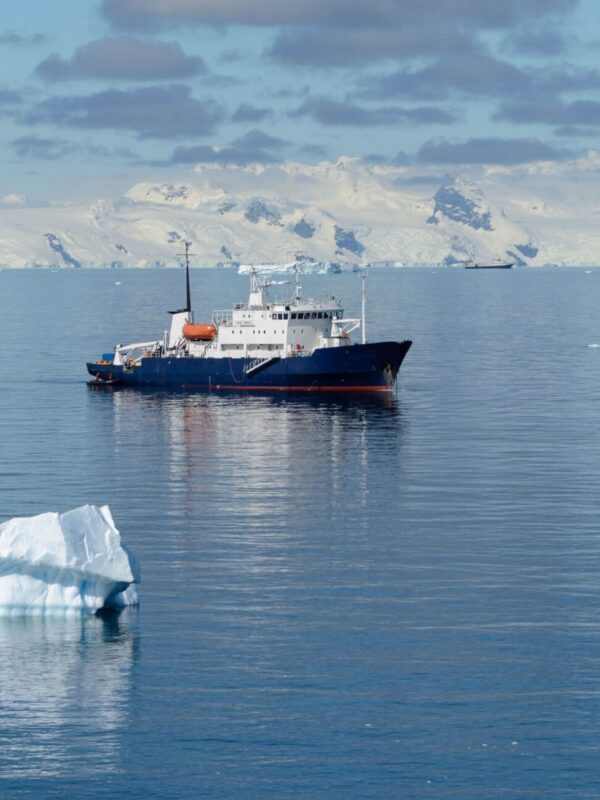
Plastic pollution
Plastic pollution is a byproduct of fisheries – and all shipping.
In addition to lost or deliberately abandoned plastic ropes, lines and nets, there are numerous other sources of marine plastics. These include garbage like straws and food wrappers, gray water, which often contains microplastics, and protective coatings and paints.
Scientific research has confirmed the presence of microplastics in both Antarctic snow and the waters of the Southern Ocean.
According to the United Nations, by 2050 there could be more plastic than fish in the ocean.
ASOC supports a ban on the discharge of untreated gray water, which often contains microplastics harmful to marine ecosystems.
Download ASOC information paper about the discharge of waste water in Antarctic Treaty waters.
Download plastic pollution infographic.
Download Microplastics from Marine Paints infographic

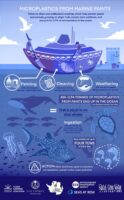
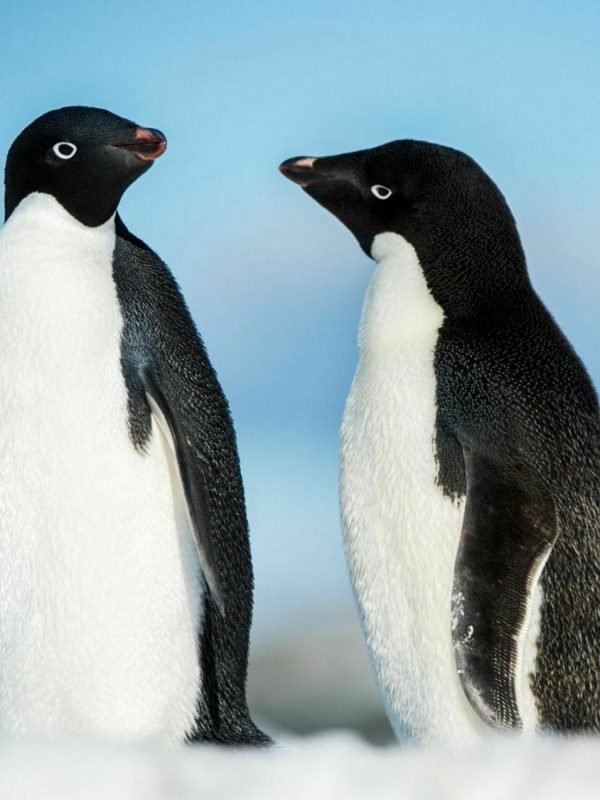
Vulnerable ecosystems
The west Antarctic Peninsula is one of the most rapidly warming areas on the planet, and home to more than half of the Antarctic krill population (up to 70 percent).
The west Antarctic Peninsula is changing rapidly. In addition to increased attention from fisheries, summer sea surface temperatures in this region have increased by over 1.8°F (1°C) since 1955, and winter sea ice duration dropped by almost 100 days between 1978 and 2014.
Antarctic ecosystems in this area are already showing signs of stress as ocean temperatures warm, surface winds intensify and human activity increases around the continent.
Since the 1950s several Adélie penguin colonies in the region have vanished, while many others have shrunk. These changes appear to be linked to reduced availability of Antarctic krill, a primary food source for Adélie penguins.
Exactly how all of these changes are related is an area of current research. More data is needed to understand the complex changes taking place, and ensure that human activity will not adversely affect krill, the predators that depend on them, or the broader ecosystem.
Now is the time to introduce science-based policies to ensure resilient ecosystems into the future.
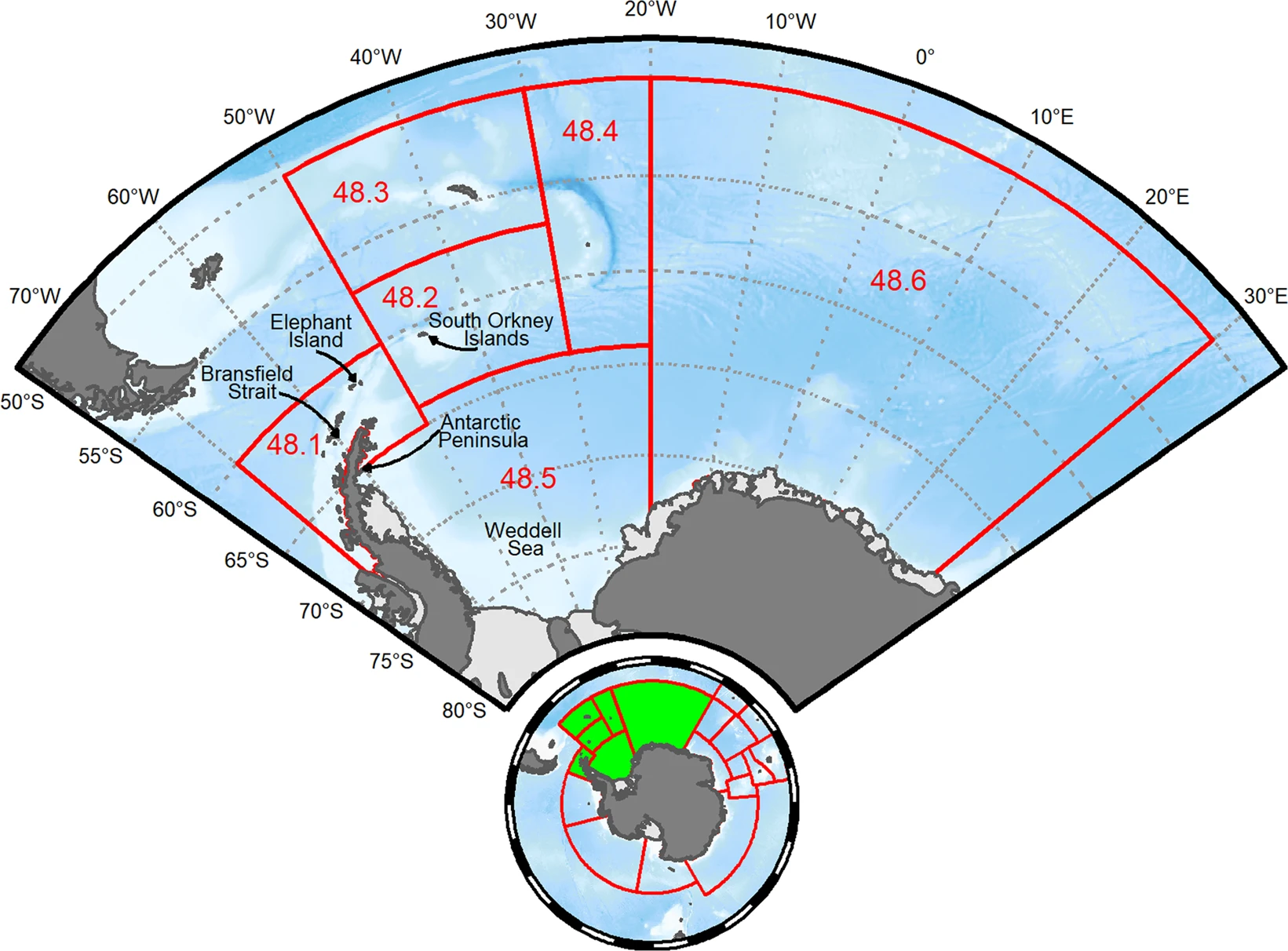
Who regulates Antarctic fisheries?
Antarctic Fisheries
The Commission for the Conservation of Antarctic Marine Living Resources (CCAMLR) is an international body responsible for the conservation of living marine resources (excluding mammals) in the Southern Ocean. As an instrument within the Antarctic Treaty System, it takes a precautionary, ecosystem-based approach to the management of Antarctic fisheries.
CCAMLR is made up of 25 Member countries and the European Union, which meet each year to make decisions on issues such as the closure and opening of fisheries in Antarctica, total allowable catches (TACs), and the designation of marine protected areas (MPAs).
Other regulatory bodies
Antarctic Fisheries
While CCAMLR is responsible for conserving and managing the entire Southern Ocean ecosystem, there are several other international conventions and organizations that play a role in regulating Antarctic fisheries.
The International Maritime Organization (IMO) is a specialized agency of the United Nations (UN) responsible for the safety, security and environmental performance of worldwide shipping, including shipping related to fisheries. Learn more about the IMO.
Other elements of the Antarctic governance regime, such as Annex IV (Marine Pollution) of the Protocol on Environmental Protection to the Antarctic Treaty, also contribute to the regulatory framework for Southern Ocean fisheries.
“The two big crises on the planet are biodiversity and climate, and the one place to take concrete action on both is at CCAMLR. This is where we have to show we are serious”
Andrea Kavanagh
Director of Pew Charitable Trust: Antarctic and Southern Ocean
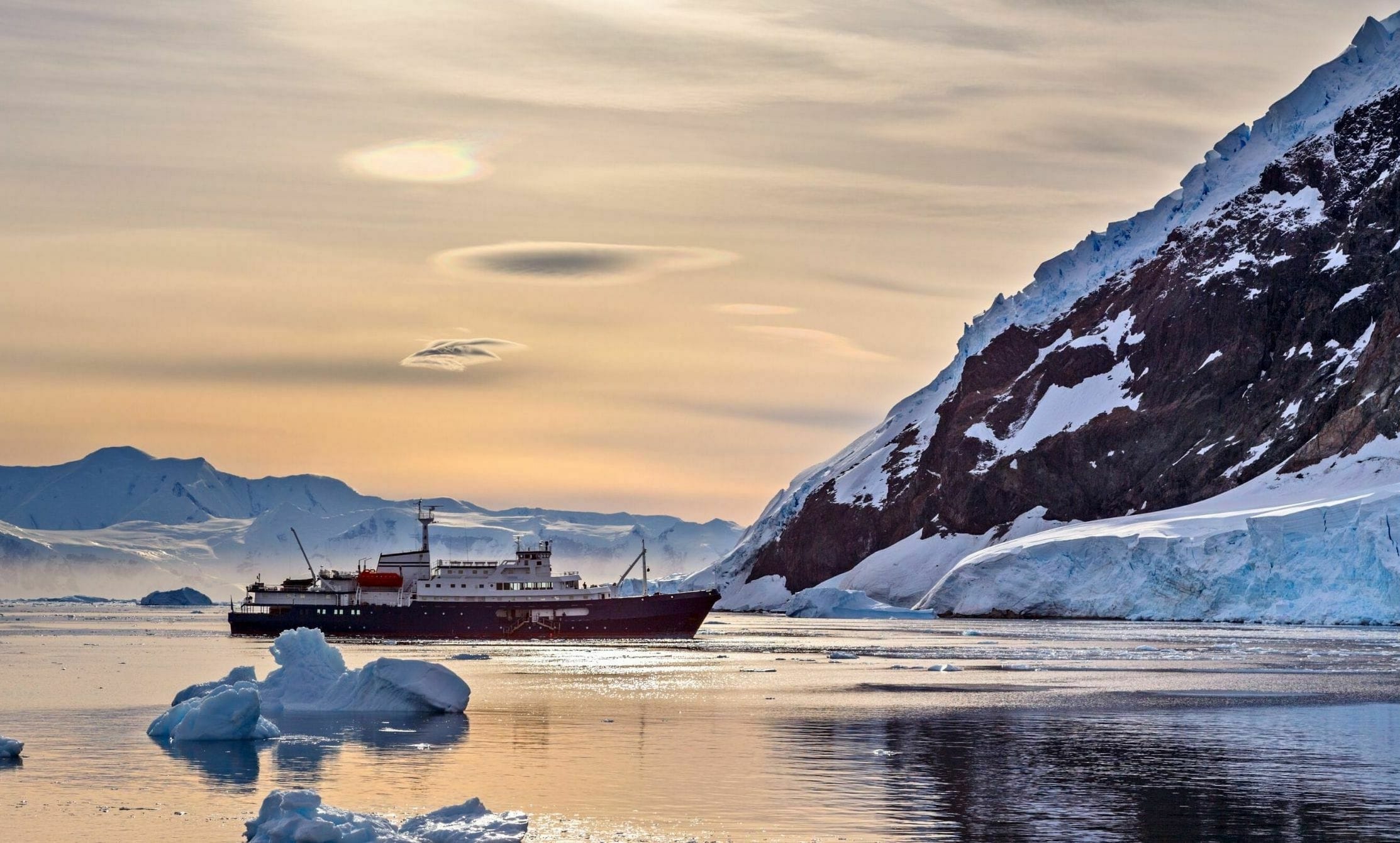
ANTARCTIC FISHERIES
What ASOC is doing
ASOC advocates for science-based policies that promote vibrant, resilient Antarctic ecosystems into the future. We actively support strong, enforceable regulation of Antarctic fisheries at the highest level of Antarctic governance.
ANTARCTIC FISHERIES
How we work
As the only environmental NGO invited to observe Antarctic Treaty meetings, we represent the Antarctic conservation community at the highest levels of Antarctic governance. We work within the system to support effective regulation of Antarctic fisheries in the following ways.

Marine Protected Areas
ASOC strongly supports the establishment of a representative network of Marine Protected Areas (MPAs) across the Southern Ocean.

Within CCAMLR
ASOC monitors all issues that impact the Antarctic including fisheries management, biological prospecting and pirate fishing.

Within the Antarctic Treaty System
Protocol on Environmental Protection to the Antarctic Treaty
ASOC supports the full and effective implementation of the Protocol on Environmental Protection to the Antarctic Treaty.

The Polar Code
The International Code for Ships Operating in Polar Waters (Polar Code) aims to ensure safe shipping and avoid environmental damage in the remote and sensitive polar regions.
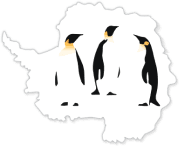 ASOC
ASOC
